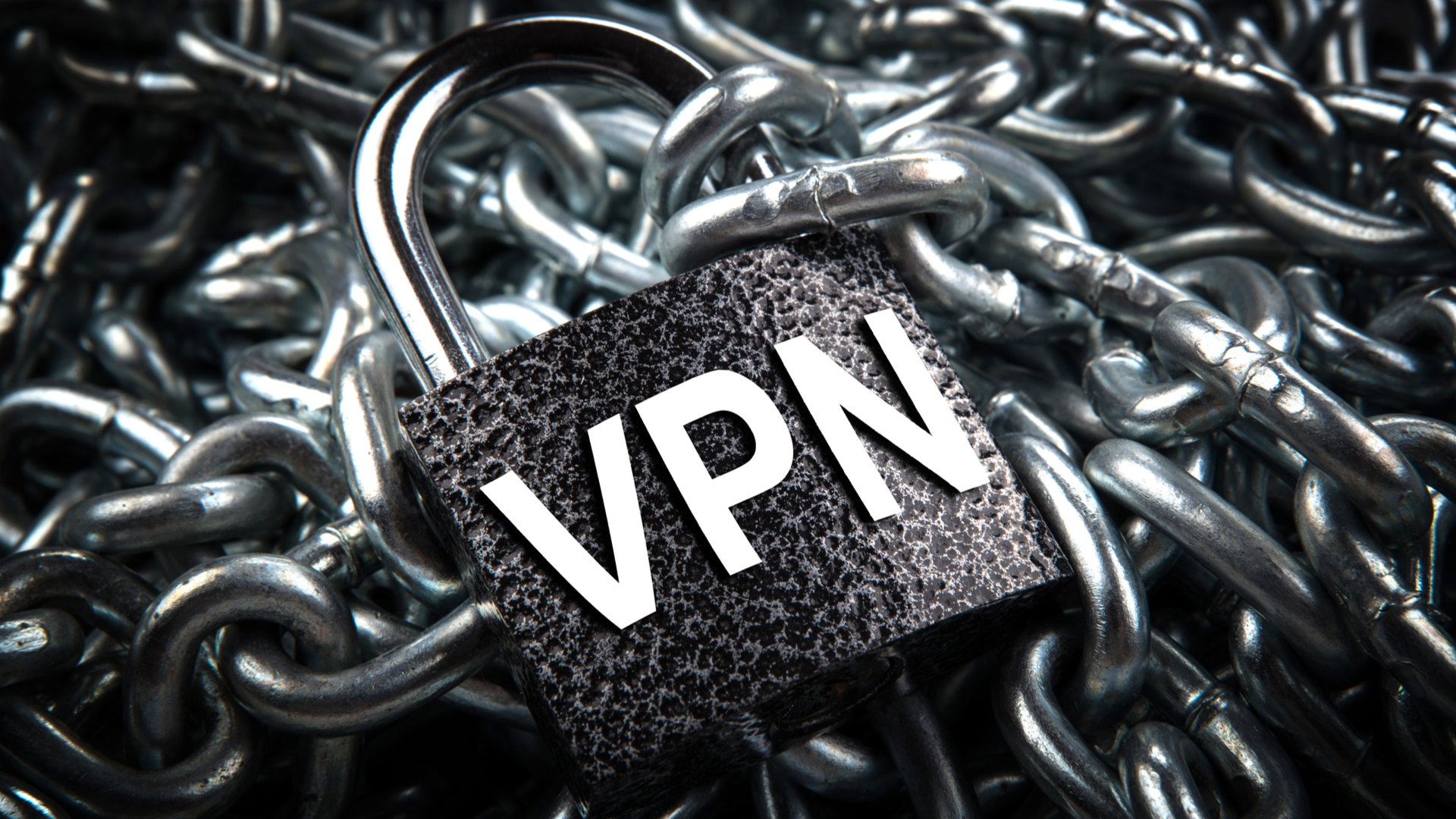India’s restrictive VPN law should be a warning to us all
VPNs as a scapegoat whilst removing freedom of choice

Sign up for breaking news, reviews, opinion, top tech deals, and more.
You are now subscribed
Your newsletter sign-up was successful
People who subscribe to VPN services will generally be driven by two main factors - privacy and security. Clearly, such users value their privacy for many different reasons, choosing to remain private whilst going about their online business. Any move to restrict or even remove privacy effectively seeks to undermine those who provide VPN services. So it is worrying to see news developing in India where new directions published by the Ministry of Electronics and Information Technology seek the power to be able to identify VPN users - goodbye privacy. This can only be viewed as another overly restrictive law that essentially compromises the privacy and security of almost all VPN users.
Sebastian Schaub, CEO and Founder, hide.me .
Despite the public backlash, India is pressing ahead with its new cybersecurity rules that will require cloud service providers and VPN operators to maintain names of their customers and their IP addresses. For services that won’t comply? India has informed them they will need to cease operations in the country, according to The Indian Computer Emergency Response Team.
India had already threatened to do something similar last year whereby a parliamentary committee wanted the Indian government to ban VPNs altogether on the basis that the criminal fraternity were using VPN encryption to commit crime. India wouldn’t be the first country to try and curtail VPN services using similar excuses. Russia blocked access to VPN service providers that included the likes of NordVPN and Express VPN with very vague references to extremism, narcotics and child pornography. China controls most parts of the internet available to citizens and therefore sees the use of any VPN service as an obstacle to achieving absolute cyber sovereignty within its borders.
And this is what any interference by governments on VPN services boils down to. It is a reflection of their desire to control the internet and block access to what they consider prohibited information and resources. However, any technology can be misused but the overwhelming majority of VPN usage is for legal and legitimate purposes. All around the world, many millions of consumers and businesses rely on VPNs for essential online protection. Our own data has illustrated this in the past. During social unrest in Indonesia last year, the government imposed blocks on WhatsApp and Instagram - we saw our traffic increase by a massive 300%, a clear reflection of the will of the Indonesian people wanting to control their freedom and expression of speech.
Any curbs on VPN usage, especially where you set out to restrict or remove privacy, is an attack on internet freedom in general. We see comparisons when governments seek to actively regulate the moderation of social media platforms. They claim their actions are to attain fairness or balance. However, the only true freedom of speech is where fairness and balance is maintained by giving free reign to ALL - thereby allowing balance to achieve itself. In a similar vein, censorship is a bad idea as it serves to drive extreme views underground where they can't be challenged.
Internet freedom is very much under threat. When you see governments around the world (India, Russia, China to name but a few) making moves to exert greater control over their internet fiefdoms, it is done under a banner of falsehoods - citizens are told that it is being done for some kind of greater good, to provide safety or to keep business strong. Just like an adult chiding an infant. The truth is that they want greater control over their people, the ability to spy on them, to deny them platforms from which they can espouse their views. That people should be free to share ideas, knowledge and opinions with others underpins the notion of free speech, democracy, freedom - sadly, the definition of ‘free’ varies widely from country to country. The internet, the world wide web are supposed to be beyond all of this, but removing anonymity from VPN usage is laying a foundation for suppression, control and subjugation.
VPN service providers can provide Internet users with important privacy and security protection. Members of the i2Coalition and its VPN Trust Initiative (VTI) actively promote consumer safety and privacy online by developing the understanding of VPNs and strengthening business practices, with the goal of driving greater industry accountability. With privacy in mind, VTI reminds us that there’s a lot that users give up by simply connecting to the Internet - a VPN ensures that the user’s identity and location is not revealed to advertisers, hackers, and others through their IP address, nor are logs of their activity kept.
The situation in India is just another example of those in power trying to use VPNs as a scapegoat whilst removing freedom of choice for their citizens. True internet freedom is guaranteeing that people can use technology to help them express themselves freely and share their opinions widely. Restricting privacy for VPN users jeopardizes the notion of a truly free internet.
Sign up to the TechRadar Pro newsletter to get all the top news, opinion, features and guidance your business needs to succeed!
Sebastian Schaub, CEO, hide.me
